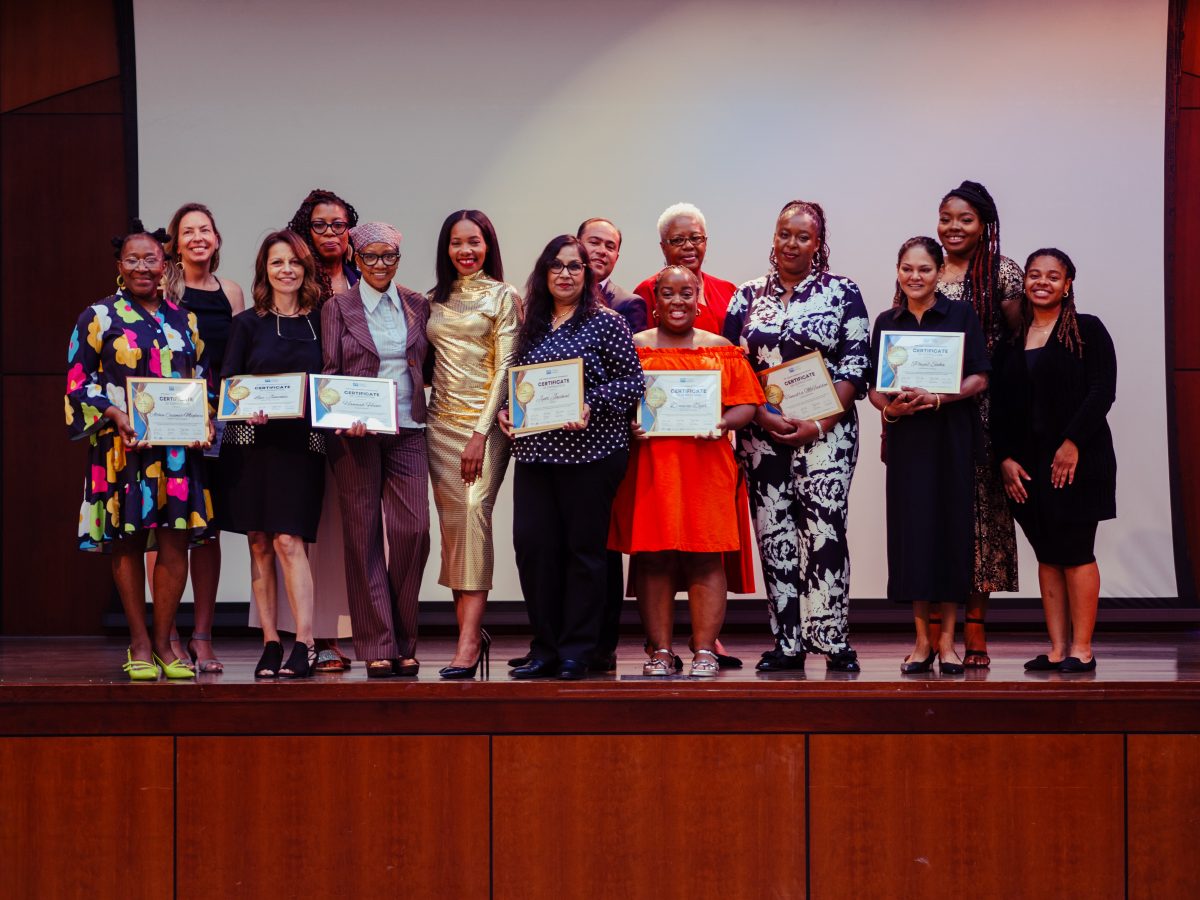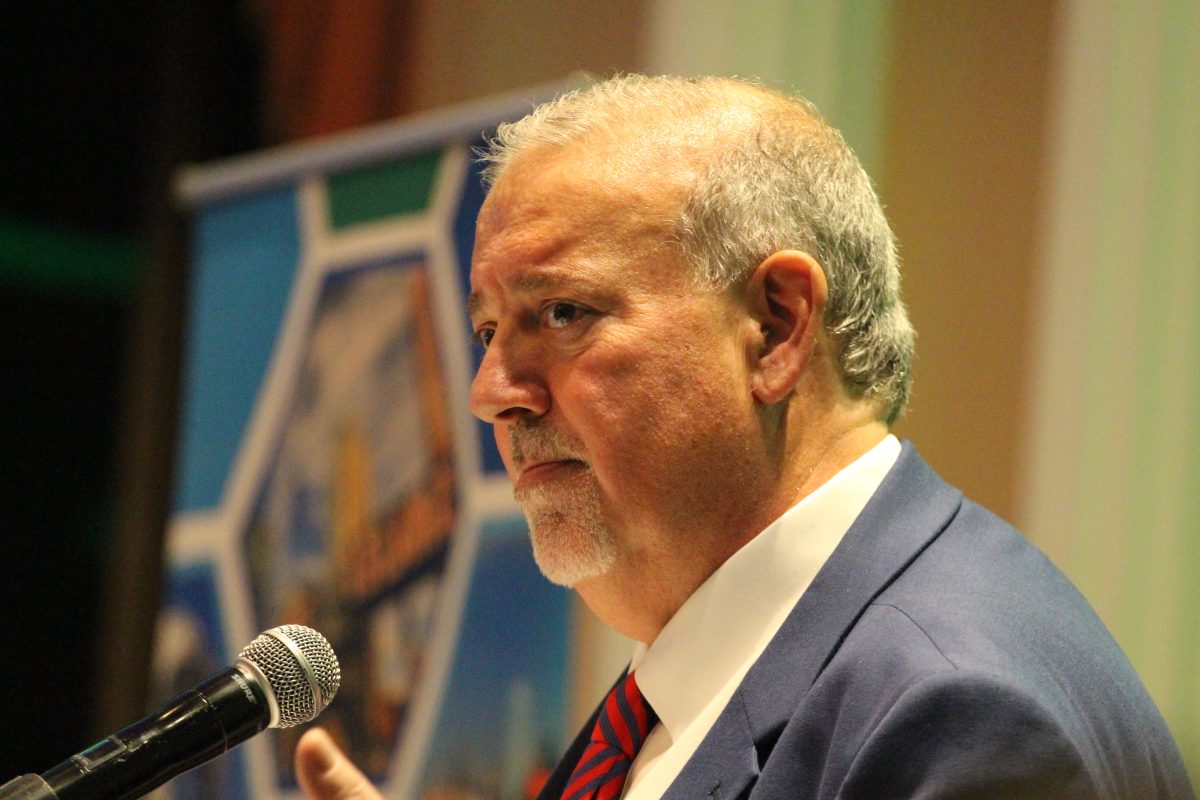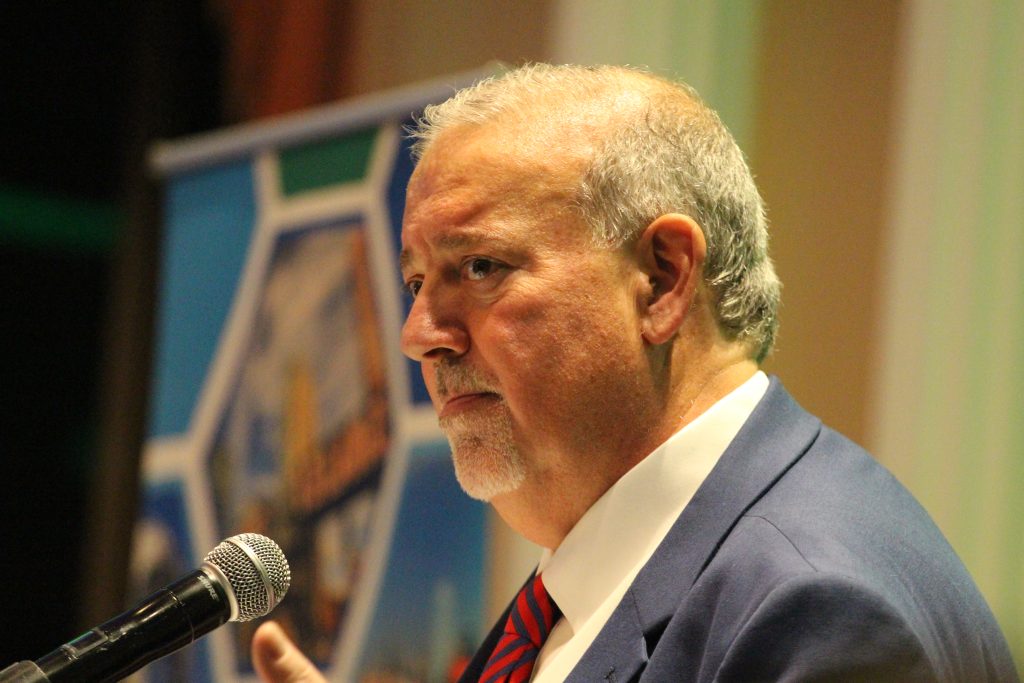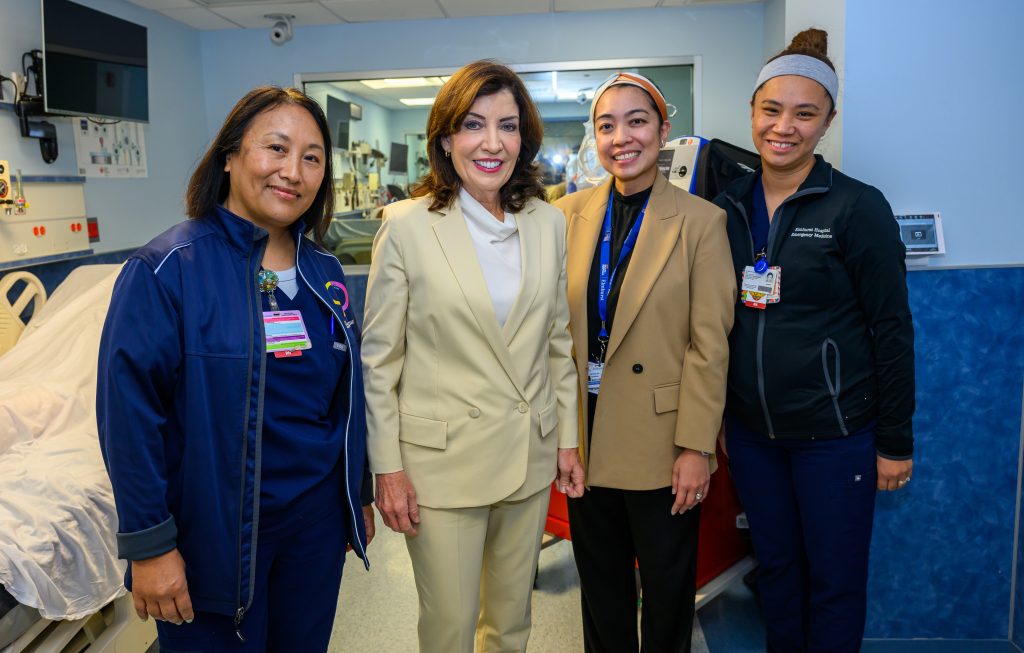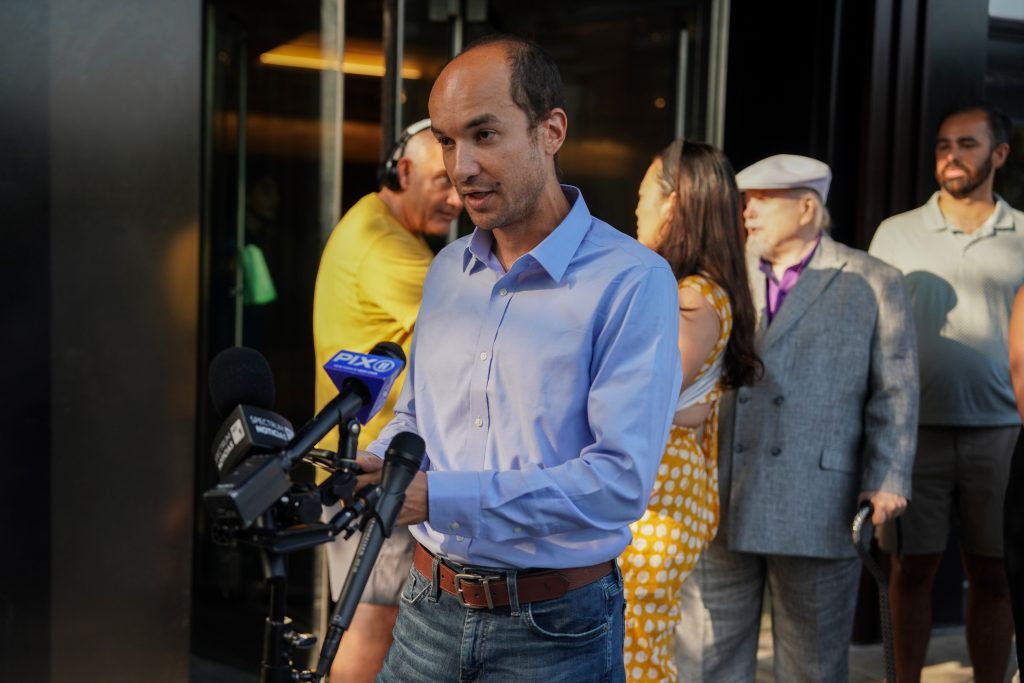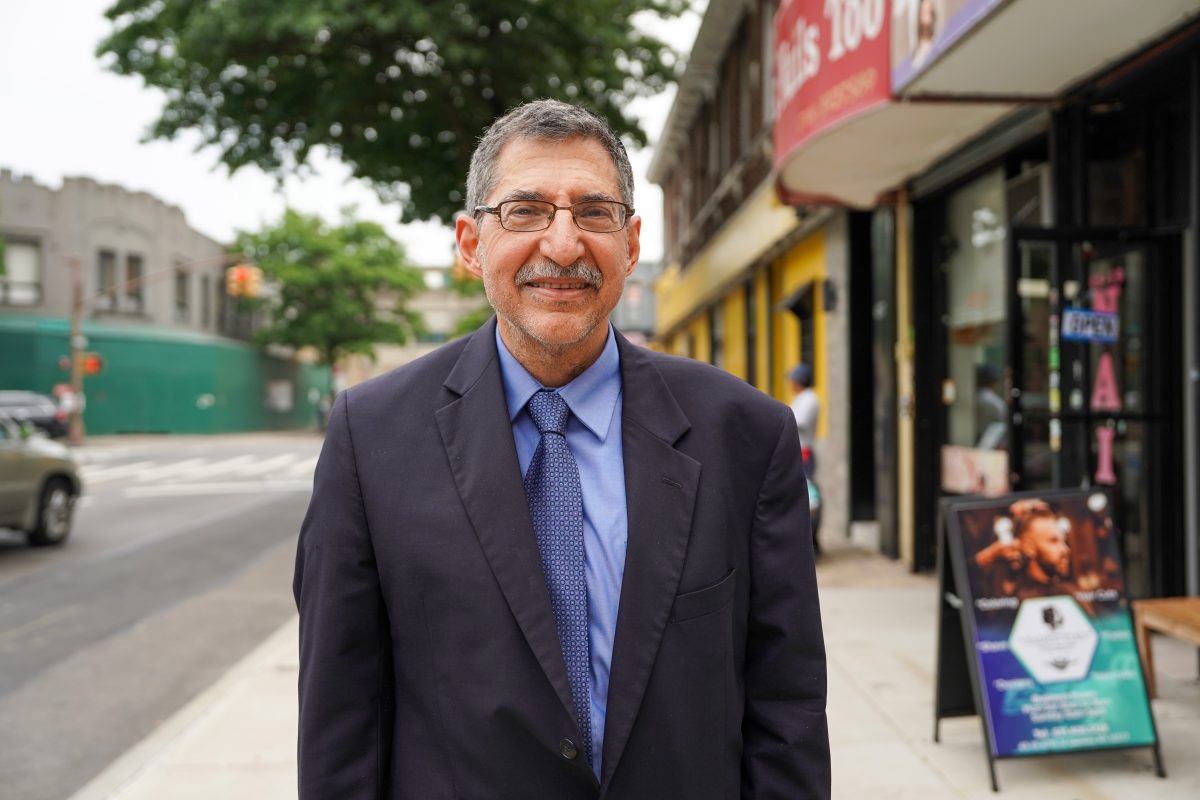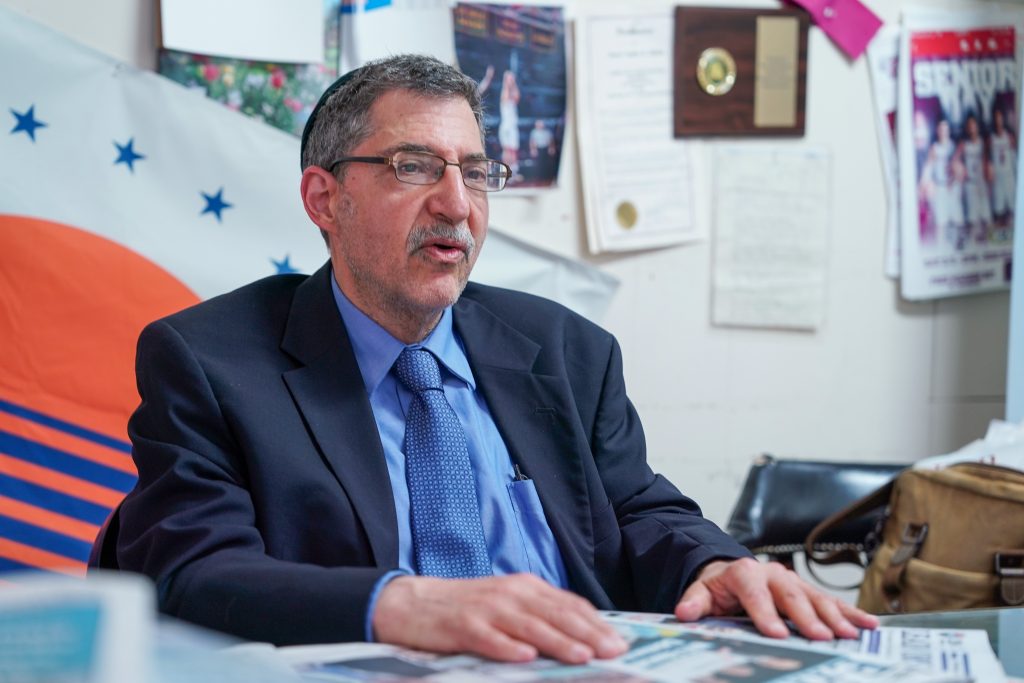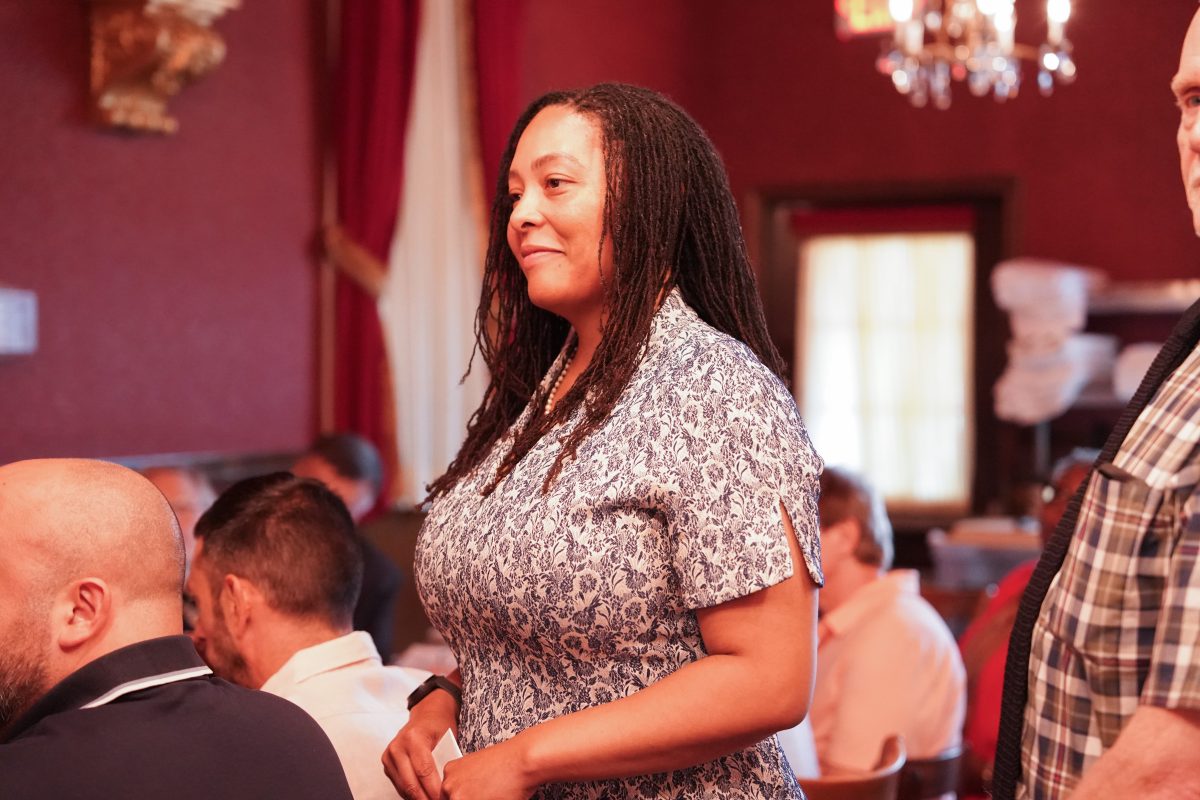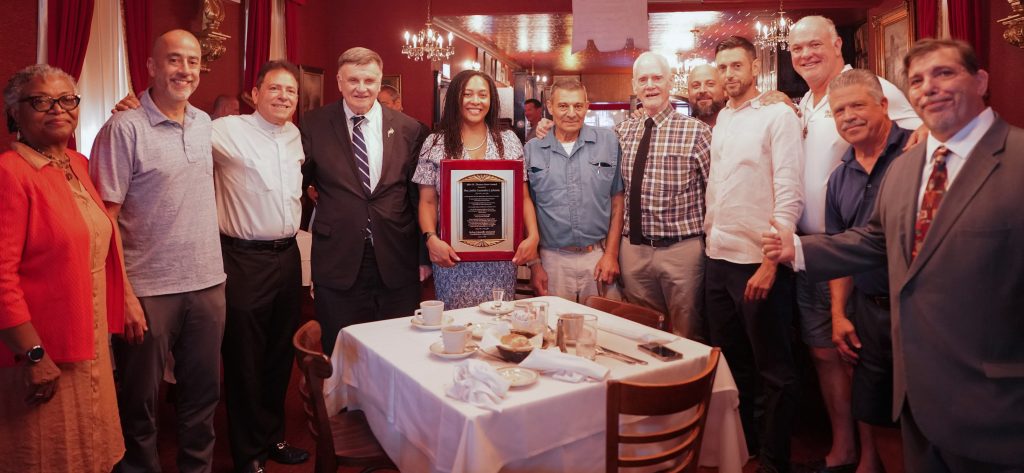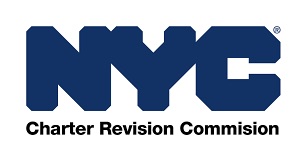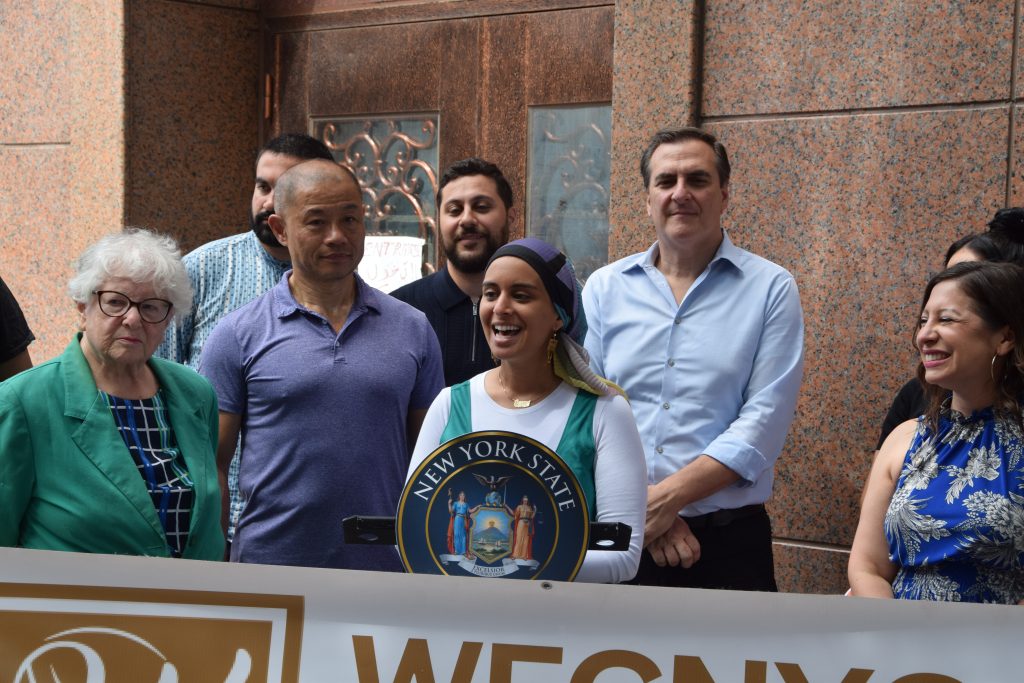Applications For Third Cohort For JFK Institute Of Concessions To Close Sept 10
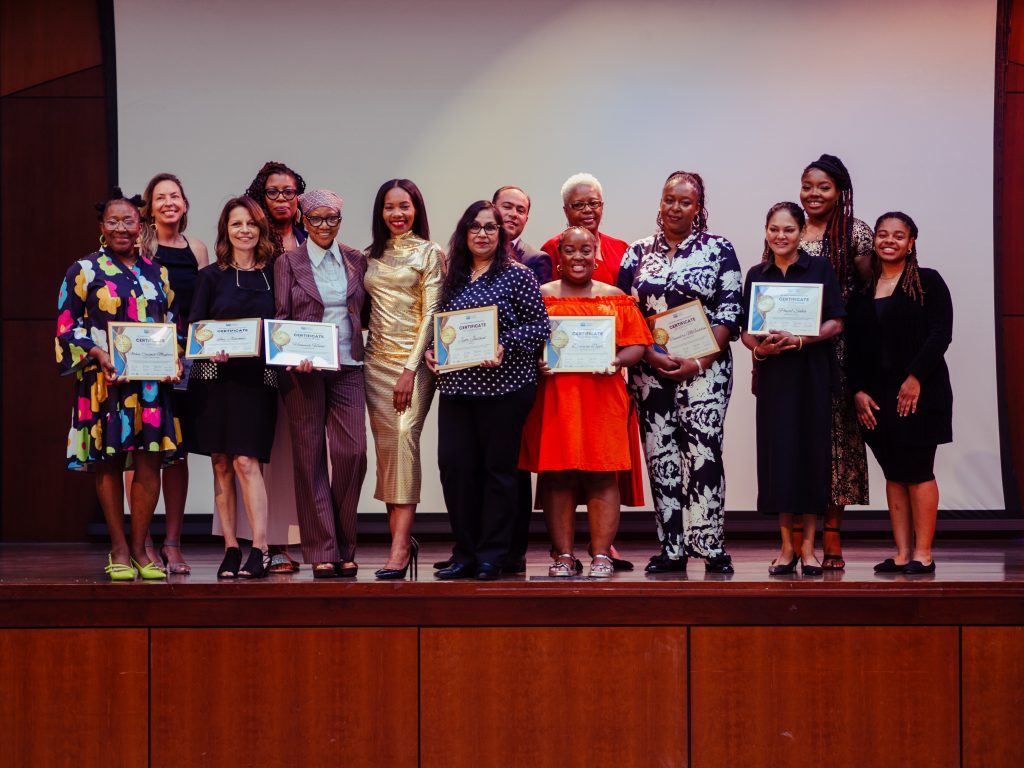
The second Institute of Concessions cohort. Courtesy of the Port Authority of NY and NJ.
By Jean Brannum | jbrannum@queensledger.com
Editor’s Note: This article has been updated to add information about an additional Institute of Concessions in-person event.
Want the chance to bring your business to one of the world’s busiest airports? You have an opportunity to learn about the art of moving and managing your airport business at the JFK Airport Institute of Concessions.
The Institute of Concessions has had two sessions of classes to help nearby business owners learn how to bring their goods and services to new JFK establishments. The third cohort starts Oct 1 and ends Dec 12. The deadline to apply is Sept 10 and applicants can expect to hear back by Sept 23.
Dianna Rose, a business owner herself and consultant for the program, explained in an information session the requirements for the program.
Retail, food, and beverage businesses that are certified or eligible to be certified as a Minority and Women-Owned Business or Airport Disadvantaged Business Enterprise certified are encouraged to apply. Preferred businesses have also operated for at least three years, and make at least 1500 transactions per month. Local chains may also be eligible. Rose highlighted that there is a strong need for retail businesses.
There are also two tiers for businesses that are eligible for the program. Tier one includes businesses in zip codes that surround the airport and tier two businesses are outside of those zip codes but in Queens.
The IOC selected 15 businesses to be a cohort. Selection is based on numerous factors such as business location and the business type.
The 10-week program uncludes six weeks of classroom modules. These modules teach owners about running an airport business, which carries unique factors, Rose said. Unlike businesses outside of airports, businesses in airports have to comply with security restrictions and the customer profile is different.
“While your customer base may be a familiar face, someone that knows you, someone that lives in the community, your customers at the airport are not going to have that same dynamic,” Rose said.
Once the cohort finishes the modules, the remaining four weeks include an airport tour, panel discussions and a mock Request for Proposal (RFP), which is a pitch to the Port Authority and terminal partners to run their business at JFK. The program does not guarantee a spot at JFK, but participants have a chance to practice creating and presenting an RFP before making their own. Businesses do not have to participate in the program to submit an RFP.
The Institute of Concessions launched in July 2023 to drive local businesses into JFK. All terminals will have concessions opportunities. Supporters for the project include JFK Millenium Partners, New Terminal One, JFKIAT, Delta Airlines, and American Airlines. Other terminals are also potential spots for businesses.
The institute is part of the JFK Redevelopment Program. The idea came from the Community Advisory Council, which is chaired by Queens Borough President Donovan Richards Jr. and Congressman Greg Meeks, according to Stacey Gilbert, Senior External Relations Client Manager for the Port Authority.
The advisory council and the Port Authority work together to expand community outreach and improve community involvement in JFK programs.
Richards touted the program as a way to show off the diversity of Queens residents.
“Queens truly is ‘The World’s Borough,’ and the IOC will help our borough’s business owners successfully market authentic Queens foods, beverages, and retail products to the global travelers who shop at JFK Airport’s concessions,” Richards said.
To learn more about the program, you can attend one of two in-person information sessions at Greater Nexus in Jamaica. The first one is on Sept. 5 at 6 pm, and the second is on Sept 9 at 5 pm.


